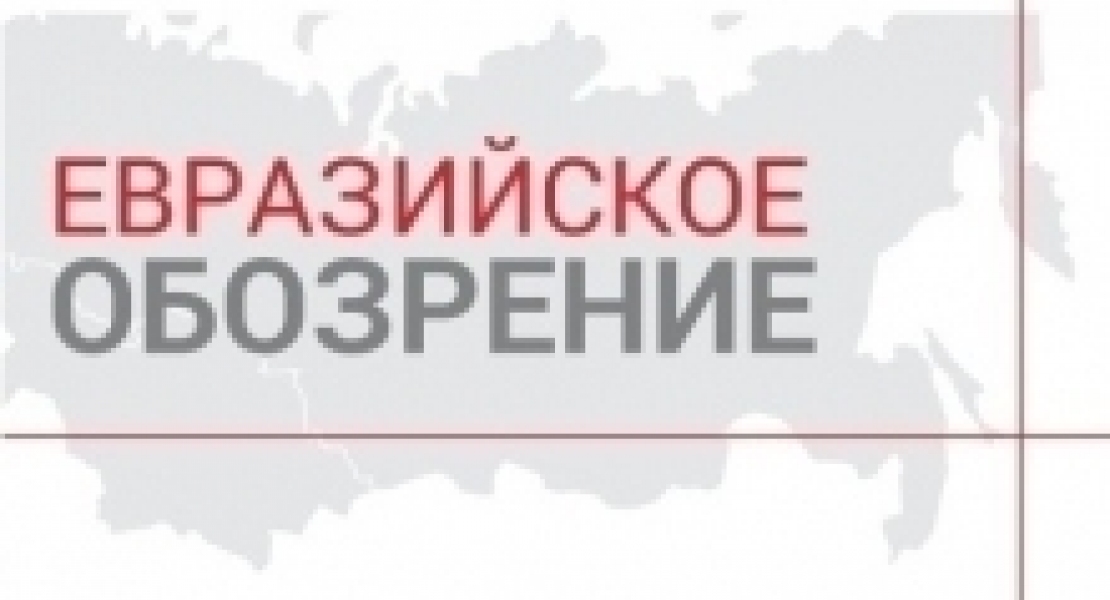BISS proudly presents the first issue of its new regular product entitled Eurasian Review, which presents the findings of the analysis of Eurasian integration processes. Each issue of this publication will comprise two articles—in the first one, experts will focus on recent political and economic trends and events of the Eurasian integration, whereas the second one will be the main feature of the issue.
The Eurasian integration is becoming an increasingly important factor determining the relationship between Belarus and Russia as its key political and economic partner. The integration project also has an increasingly significant effect on our everyday life. For instance, the rates of import duties set in the framework of the Customs Union of the Eurasian Economic Community directly affect the prices of imported commodities (vehicles being a characteristic example), newly adopted technical regulations set quality and safety standards for the products we consume, and arrangements to establish a single labor market determine labor migration trends.
The meeting of the Supreme Eurasian Economic Council that was held on 29 April 2014 confirmed Russia’s intention and willingness to retain its exclusive control of the transport infrastructure, which incorporates, among others, the network of oil and gas pipelines, which helps Russia maintain its leadership in Eurasia. During the summit, the heads of state of the Eurasian troika made two significant decisions, one of which aims at deepening integration, while the other one is instrumental in broadening it.
First, the Eurasian Economic Commission in association with the national governments has been instructed to finalize the draft Treaty on the Eurasian Economic Union and submit it to the member-states by 12 May. Second, the draft Treaty on the accession of Armenia to the Customs Union and Common Economic Space is supposed to be ready by 1 June 2014.
In his article focusing on the latest developments in the Eurasian integration BISS analyst Andrei Yeliseyeu explains the positions and arguments of the Eurasian partners on the oil issue at the recent summit. He clarifies the fundamental difference between the Eurasian integration and its unsuccessful predecessors in the former Soviet Union, dwells on its economic substance, and analyzes the political prospects of the Belarusian ruling elite drawing on the essence of the Eurasian agreements.
The main feature of the first Eurasian Review issue is the development of the Eurasian integration in the protection of competition and antimonopoly regulation. It is in this framework that the Eurasian partners will have to resolve the intricate issues of the demonopolization of energy supplies and creation of a single market for oil and oil products. In his article expert Aliaksandr Aleshka argues why the Eurasian troika finds it hard to come to an agreement in this area, describes the stages of the adoption of the unified legislation on the protection of competition, analyzes the novelties found in the new version of the Belarusian antimonopoly law and provides insight on the prospects of the Eurasian integration progress in antimonopoly regulation.
Read the full texts of the first Eurasian Review in PDF


